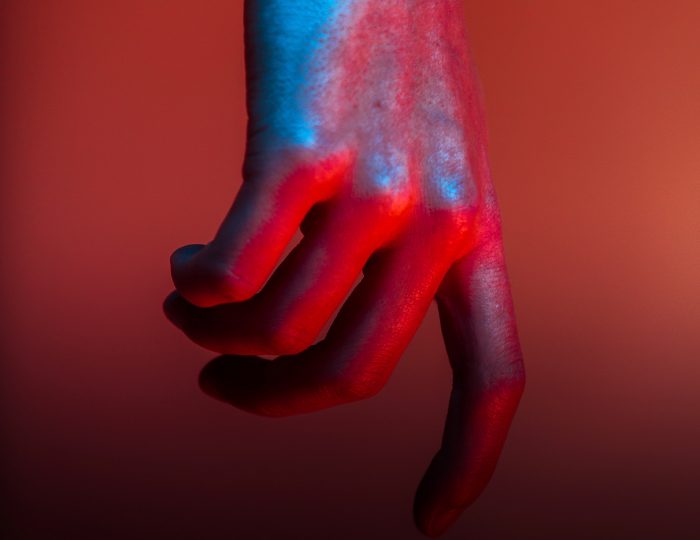What makes us human? It was the question at the heart of the original Blade Runner back in 1982.
It presented a deeply dark vision of a future earth overwhelmed by pollution, overrun by population, and ruled by corporations. The only hope was to make it off world to colonies founded by our new slaves – replicants, android servants with a four-year life span who could survive the brutal conditions of alien planets.
But what happens when slaves rebel? Send in the Blade Runners – police who hunt down rogue androids and ‘retire’ them.
The androids of the original had a simple quest: understandably, they wanted more life. The android protagonist of Blade Runner 2049 – K – who destroys his own kind, wants to know if he is truly alive or not. In many senses, K is the new human: he’s socially isolated and a slave to the rhythm of work and consumption. Respite comes only in the form of hopeless devotion to his hologram bride who flickers between subservient homemaker and vampish sex idol. She’s a slave enslaved to a slave.
But what K wants, just like Pinocchio, is to become a real boy. In the end, he can only aspire to those qualities that, apparently, make us truly human – memory, empathy, romantic love, compassion. Familiar territory explored by the original. Where 2049 furthers the philosophical exploration is in its insistence that the replicants become more human than human in their desire to seek purpose, to celebrate wonder, and their willingness to die for something greater than themselves. As one puts it: ‘Dying for the right cause is the most human thing you can do.’
Intriguingly, the androids have found faith. The first replicant that K retires insists that the Blade Runner can only kill because ‘he hasn’t seen a miracle’. Without giving too much away, the miracle that the new replicant uprising is willing to die to protect mimics the origins of the Christian faith.
Amidst explorations of the breakdown of truth, a deep questioning of the nature of reality, and a mourning over the purposelessness of 21st-century life, there is a small, stark glimmer of hope: life itself is an undeniable miracle that points to something – or even someone – truly greater than ourselves.
Jason Gardner
Jason is curate at St Peter’s West Harrow.


thank you so much, an excellent take on this remarkable film.
Your article summarises all there is in remarkable content. The rest is a slow story line with great actors underperforming their potential.
Wow, I have to watch the film now….. thanks for great insight.
Was a sluggish film though. But points here are well made.
“Like tears in rain”. Amen brother.